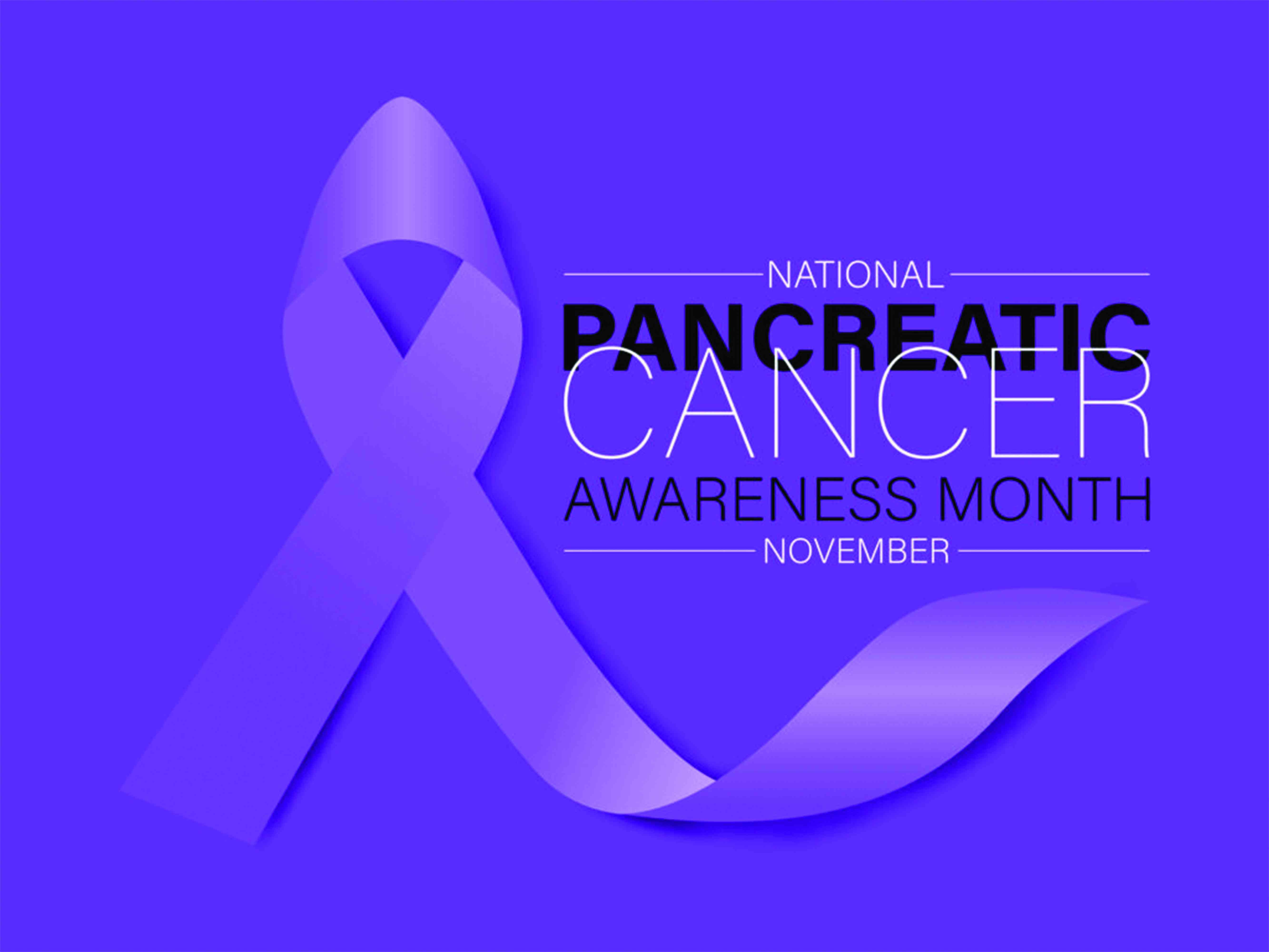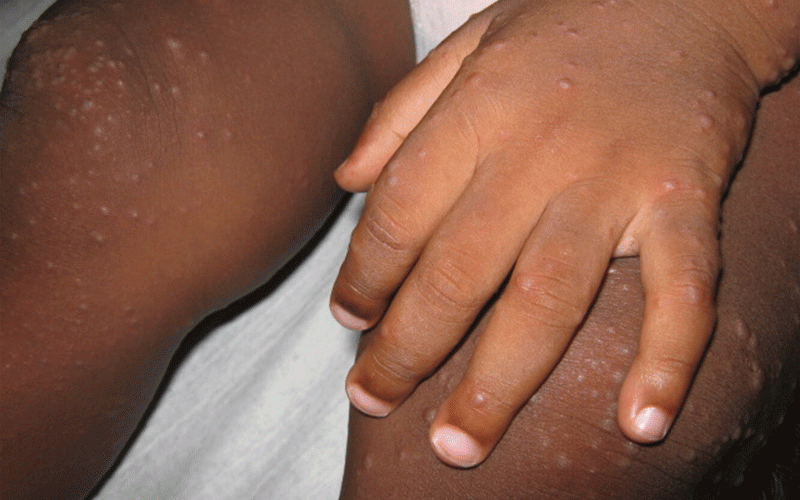
Our liver, kidneys, digestive system, skin and lungs all play a part in removing impurities and toxins from our body. However, to do this effectively these organs need to be healthy.
There are several ways in which we can minimise the risk of diseases that damage these organs and can optimise our body’s natural detoxification system.
This detoxification plays an important role in our overall health, keeping us physically and mentally well and ensuring we have the energy and vitality we need to stay fit and healthy.
Were these toxins to build up in our digestive system this could result in bloating, constipation and diarrhoea.
Their removal ensures the digestive system functions efficiently. Toxins can adversely affect the body’s immune system and cause skin blemishes and inflammation.
Optimising our detox system
For as long as our liver, kidneys, digestive system, lungs and skin are healthy toxins will continue to be efficiently expelled from our body.
The best way to ensure their health and avoid diseases that undermine their functioning is through a healthy well-balanced diet, plenty of exercise and adequate sleep.
- Long COVID's link to suicide: scientists warn of hidden crisis
- Healthy diet, lifestyle help body rid itself of toxins
- N-Acetyl selank amidate: an overview
- Kidneys play vital role in keeping us healthy
Keep Reading
High consumption of sugary and highly processed foods increases the risk of obesity and chronic diseases such as heart disease, cancer and diabetes, all of which harm organs such as your liver and kidneys that play an important detoxification role. So sugary foods and junk food are best avoided.
Eat fibre-rich foods, which include fruit, vegetables, beans, nuts, seeds, whole grains and lean protein instead.
Foods high in prebiotics, which are plant-based fibres found in, for instance, high fibre fruits, vegetables, whole grains, onions, garlic, leeks, soybeans, asparagus, tomatoes, peas, honey, milk and bananas, promote the health of our gut, which is important for keeping our detoxification system healthy.
Our intestinal cells have a detoxification and excretion system that protects the gut from harmful toxins such as chemicals. Prebiotics feed the good bacteria in our gut known as probiotics, which produce short-chain fatty acids that benefit our health. Prebiotics help maintain the bacterial balance in the gut, which can be altered by, for instance, poor dental hygiene, antibiotic use or a poor diet.
A diet rich in antioxidants helps your body reduce damage caused by excessive free radicals and may lower your risk of diseases that can affect detoxification.
Alcohol, tobacco smoke, a low nutrient diet and exposure to pollutants can produce excessive free radicals.
Excessive drinking of alcohol can damage the functioning of the liver by causing a build-up of fat, as well as inflammation and scarring.
This impairs the ability of the liver to function adequately and perform its role, including the filtering of waste and other toxins from the body.
Limiting how much alcohol you drink, or abstaining altogether from it, is one of the best ways to keep your body’s detoxification system efficient.
Health experts recommend that men should not have more than two drinks a day and women not more than one, where one drink is equal to 355ml of beer 148ml of wine or 44 ml of spirits.
Drinking plenty of water is important.
Water lubricates our joints, aids digestion and nutrient absorption, helps the kidneys flush out toxins and detoxifies the body by removing waste products through urination and sweating.
It is important, therefore, to stay hydrated. The recommended daily intake of fluids is about 3,7 litres for men and 2,7 litres for women.
Consuming too much salt and not drinking enough water can cause water retention, interfering with the flushing our of toxins.
Health organisations typically recommend that healthy adults should limit the amount of salt they consume in a day to less than one teaspoon.
Having sufficient good quality sleep is important for our health and to support our natural detoxification system.
Sleep allows our brain to reorganise and recharge itself and allows our body to remove toxic waste byproducts that accumulate during the day.
Inadequate sleep does not give the body the time it needs to perform these functions, so toxins can build up.
Seven to nine hours of sleep is generally recommended .
If you have difficulty sleeping, avoid stimulants such as alcohol and caffeine before going to bed.
Create a good sleeping environment in your bedroom. Keep it cool, dark, quiet and free of technology screens. Try to go to bed at the same time every day and get up at the same time in the morning.
Exercise regularly. Sweating is one way your body safely and effectively eliminates heavy metals such as nickel, lead, copper, arsenic and mercury. Regular physical activity also has general physical and mental health benefits.
Amng the many health benefits of regular exercise is reduced inflammation.
Reducing inflammation helps your body’s various systems, including its detoxification system, to function effectively.
Aim for at least 150 to 300 minutes a week of moderate intensity exercise, such as brisk walking, or 75 to 150 minutes a week of vigorous activity such as running.
There are various detoxification plans and diets that have been marketed.
However, it should be remembered that the body does have its own natural effective detoxification system.
Taking the various steps outlined to support and optimise this system should normally be adequate.
For most people the body’s natural detoxification system works well.
However, various non contagious diseases such as diabetes and heart disease could adversely affect the efficiency of the body’s natural detoxification system.
A healthy, well-balanced nutritious diet, sufficient good quality sleep, adequate exercise, drinking enough water and maintaining a healthy weight, as well as not smoking or overindulging in alcoholic beverages, are all helpful for general health and the best safeguards to minimise the risk of such illnesses.
- The information in this article is provided as a public service by the Cimas iGo Wellness programme, which is designed to promote good health. It is provided for general information only and should not be construed as medical advice. Readers should consult their doctor or clinic on any matter related to their health or the treatment of any health problem. — igo@cimas.co.zw or WhatsApp 0772 161 829 or phone 024-2773 0663










